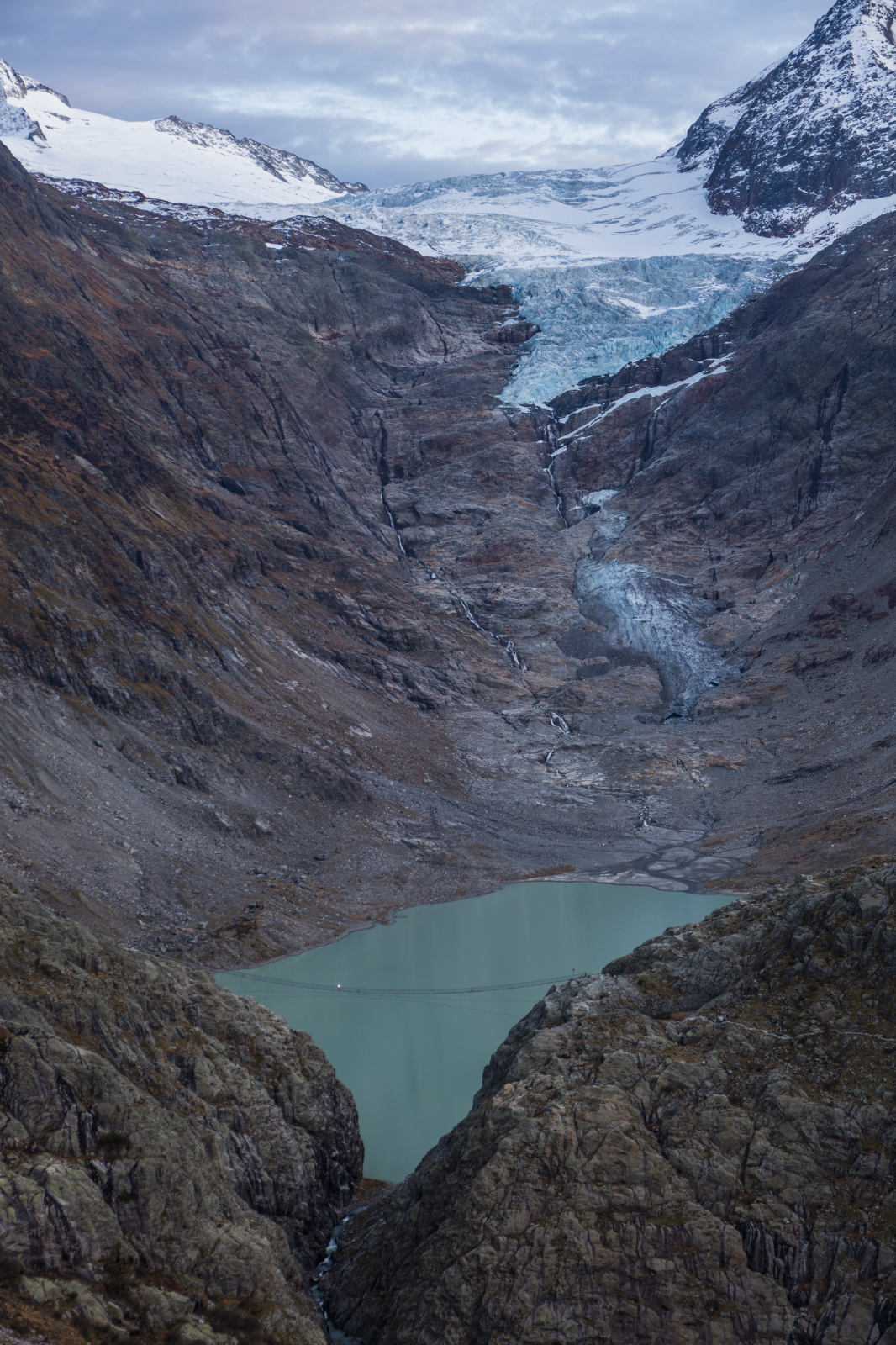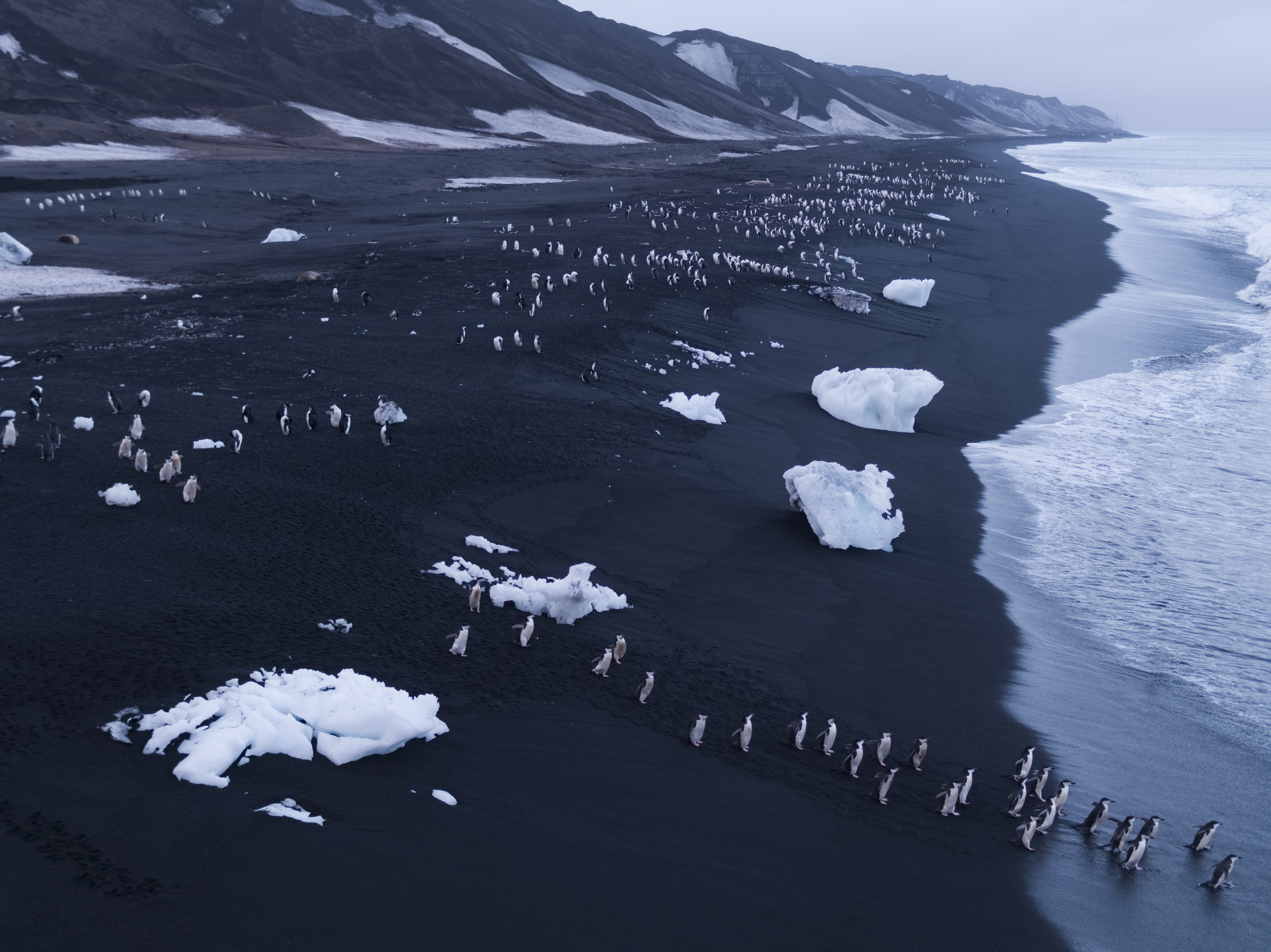
2018 has been a hot, wet, fiery summer around the world. From record temperatures in China, to wildfires across the western United States, Sweden and Greece, and devastating floods in India and Japan. Climate scientists are shouting from the rooftops: it's not just weather… it's climate change.
But is the world listening? It sure doesn't feel like it.
But going back 40 years, we find a lot of politicians were talking—urgently—about this very thing. Like Republican Senator John Chafee from Rhode Island, who in a 1986 set of climate hearings at the Capitol, said:
"There's a very real possibility that man, either through ignorance or indifference or both, is irreversibly altering the ability of our atmosphere to perform basic life support functions for our planet."
But he was hardly the first to sound this alarm.
Politicians on both sides of the aisle, scientists, even the fossil fuel industry, made the case to take climate change seriously, with calls growing louder beginning in the late 1970s and early 80s.
That means 30, even 40 years ago, fears about man-made climate change leading to nothing short of a climate apocalypse were already taking hold. The science was there.
So if we knew the risks of a warming planet way back then…What happened?
Nathaniel Rich has some of the answers. He's a writer-at-large for the New York Times Magazine, and he's behind a special issue dedicated entirely to the story of how we came so close to solving climate change in the 80s, and why efforts fell through, leaving us where we are today.
He joined The Takeaway to tell the story.
Click on the 'Listen' button above to hear this segment.







